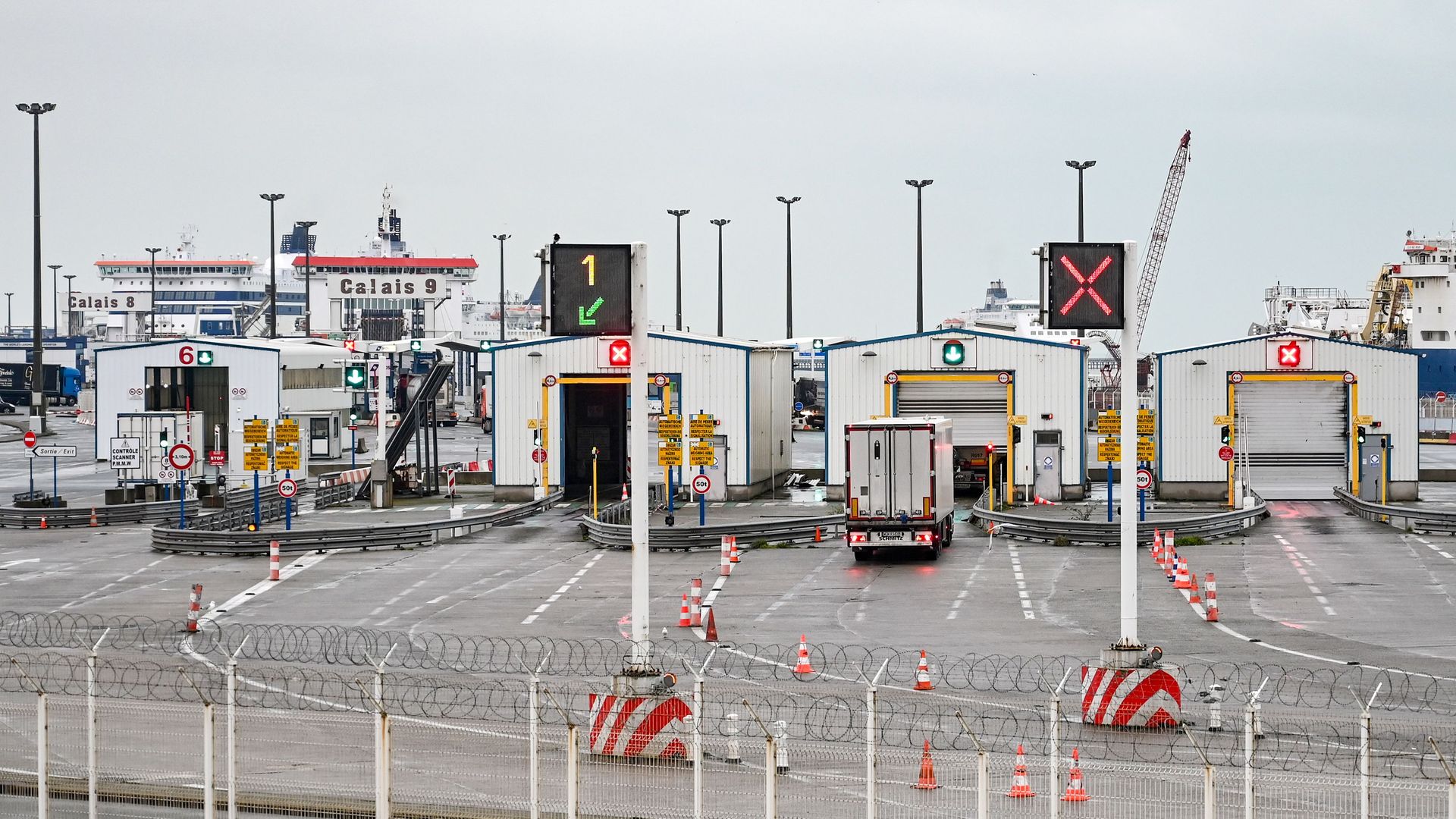
The French response to Brexit has not quite been a Gallic shrug. But it’s not been far off. PAULINE SCHNAPPER explains the view from Paris.
The Brexit deal reached on Christmas Eve was a relief for France as much as for the rest of the EU, both because a deal (any deal!) was better than no-deal and because the French government was reasonably happy with the outcome.
Brexit is not something France ever welcomed, but the French government came to terms with it perhaps more quickly than other member states – or indeed the president of the European Council until December 2019, Donald Tusk, who hoped for several years that the British would change their minds.
Instead president Emmanuel Macron was convinced that after the referendum Brexit could not be reversed because of the terrible political signal it would send to the British electorate. He also had high ambitions for Europe, which in his mind should not be delayed by Brexit or endless talks between the UK and the EU.
In the various rounds of negotiations, the French government’s priorities were not different from those of the other member states: maintaining the integrity of the single market and the level playing field. In other words, the aim was to make it clear to the UK and others that there could be no access to the single market without following its rules.
France was often depicted, especially in the British media, as the ‘bad cop’ to Germany’s ‘good cop’ throughout the negotiations, a role Paris was happy to play until the final stages.
But this supposed toughness was actually overrated: Macron was more vocal publicly than other EU leaders, but they all shared his concerns, and the British government’s hope to divide France and Germany by appealing to Germany’s manufacturing interests never materialised.
There was also a lack of trust of Boris Johnson across the EU after the UK government introduced the Internal Market Bill in 2020, which reneged on the withdrawal agreement signed less than a year before. France was never isolated on these different issues.
There was much at stake in the negotiations for all sorts of reasons. The first one is obviously geography. The Channel Tunnel link is a major piece of infrastructure for both countries and the border issue in Calais is highly sensitive for both countries.
Another one is the sheer size of trade: Britain is France’s fifth largest customer and the UK is France’s seventh largest. There are also several hundred thousand expatriates directly affected by the new rules (and the loss of freedoms) associated with Brexit.
A third is fisheries, which emerged as a major issue in the final stages of the negotiation. Although they represent a very small percentage of French GDP and less than 14,000 direct jobs, they play a disproportionate economic role in many coastal communities in Normandy, Brittany and the north of France, and the French government was under pressure to keep access to British waters for French vessels.
Finally, defence and security has become a central area for cooperation, especially since the 2010 Lancaster House agreements. They included the creation of a combined joint expeditionary force, and joint procurement and cooperation in the nuclear field.
These bilateral links are separate from the EU, and in theory would not have been affected by the outcome of the UK/EU talks, but in practice an acrimonious no-deal Brexit would certainly have soured bilateral relations – if only because France’s perceived uncompromising stance would have provided a convenient scapegoat for the British media and government.
In this context, the Christmas Eve Trade and Cooperation Agreement is certainly good news in itself. Its content is also viewed positively in Paris. As far as fishing is concerned, only 25% of the catches made by EU boats will be returned to British fishermen in the next five and a half years, followed by annual quotas.
Non-tariff barriers for trade now in place – border controls, rules of origin requirements, sanitary checks – are not in themselves good, but will disproportionately affect the UK rather than France and the EU, at least for the coming months.
Arrangement for police cooperation, transport and the level-playing field are also welcome in Paris. Above all, the limited deal makes it very clear that as a third country the UK cannot have the same benefits as the member states, which was a priority for the French government.
After all this, it is unlikely that any other EU country will be tempted to leave the EU.
The agreement reached, however limited in scope, at least enables France and the EU to get Brexit out of the way and to focus on more pressing issues such as the Covid-19 pandemic, the economic crisis and migration. Nevertheless, many challenges remain for the UK’s future relations with France, both at the bilateral level and within the EU.
There will be no shortage of issues to discuss and argue about in the future, ranging from security and foreign policy to immigration, financial services, data-sharing and higher education – all providing many more opportunities for British media to complain about the French government.
Pauline Schnapper is a professor of British politics and vice president (research) at the Université Sorbonne Nouvelle, Paris.
This article was first written for UK in a Changing Europe
What do you think? Have your say on this and more by emailing letters@theneweuropean.co.uk









